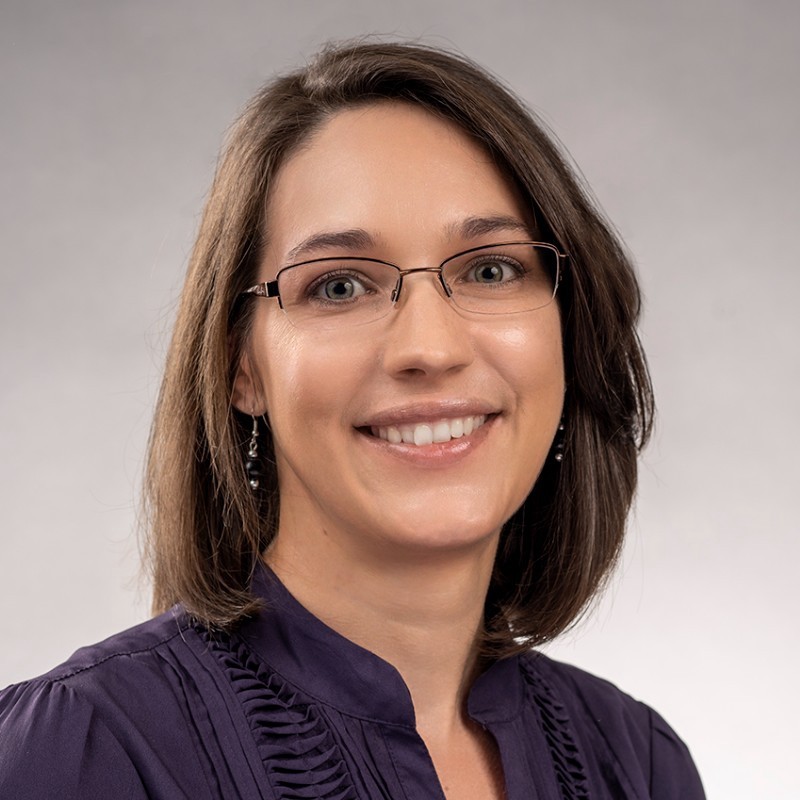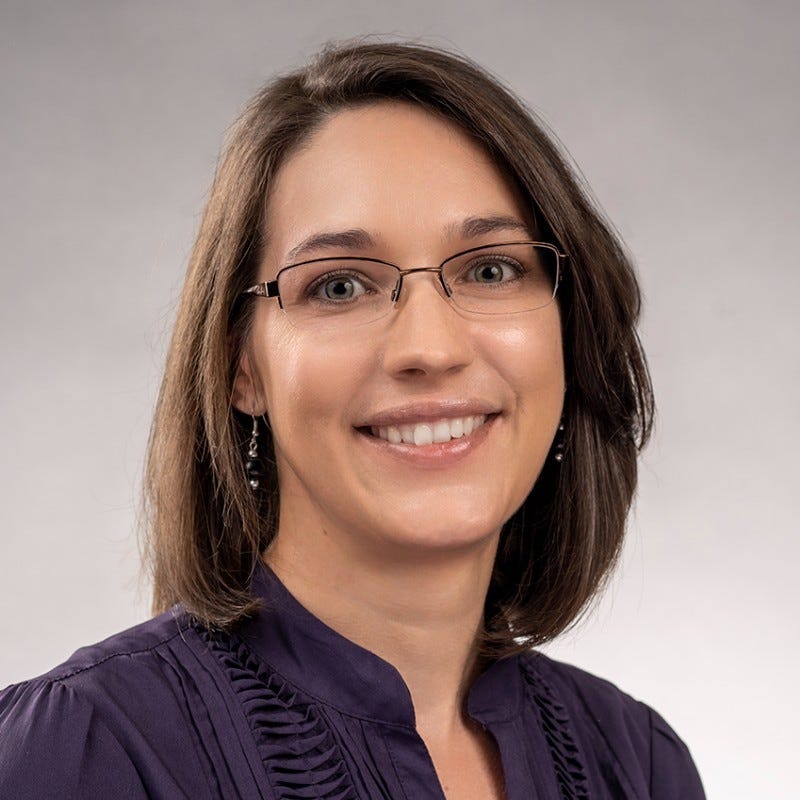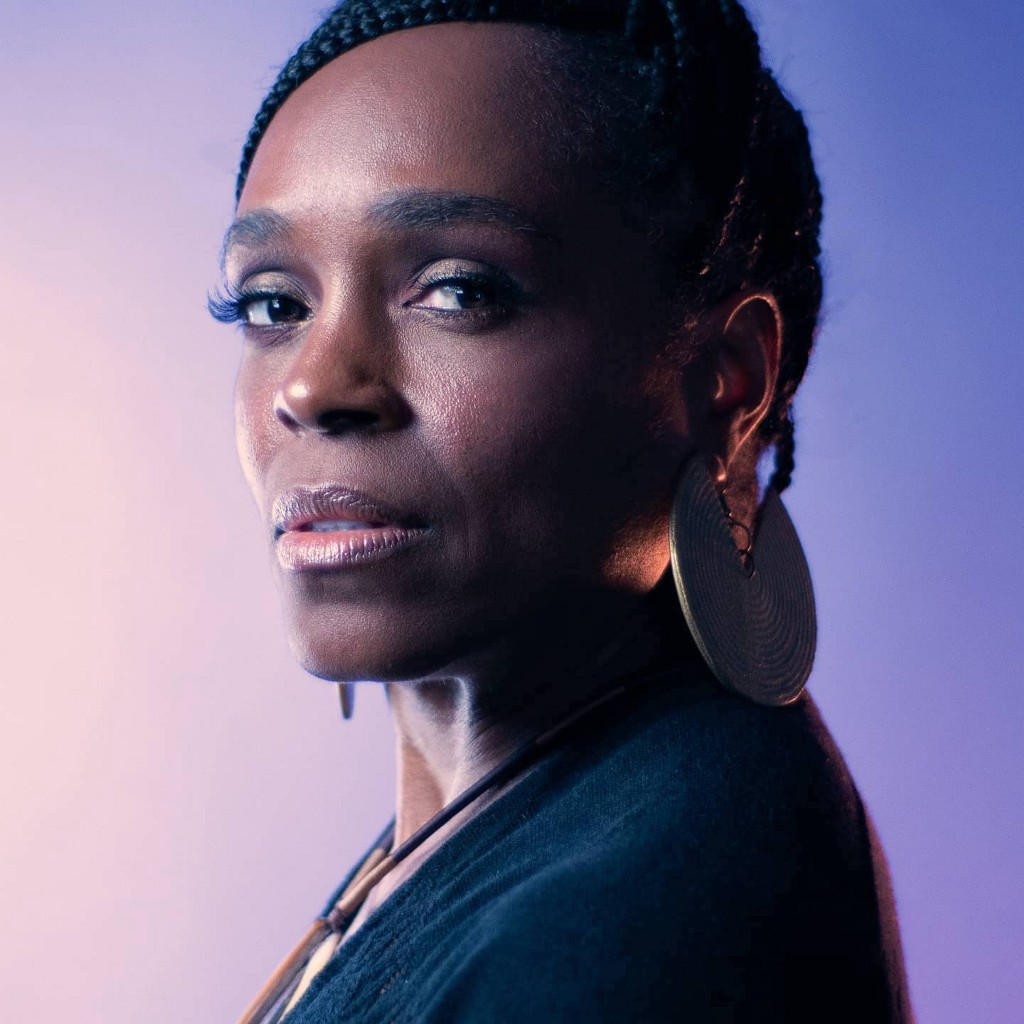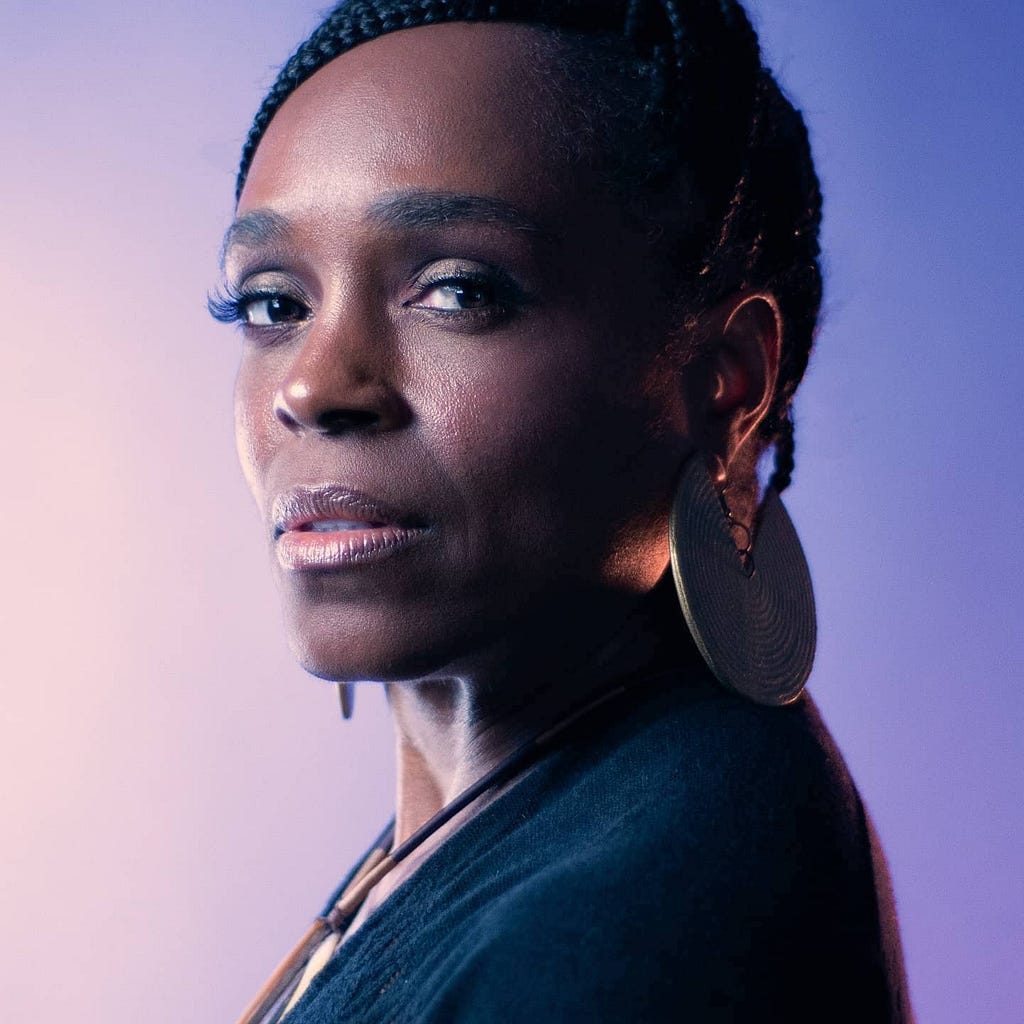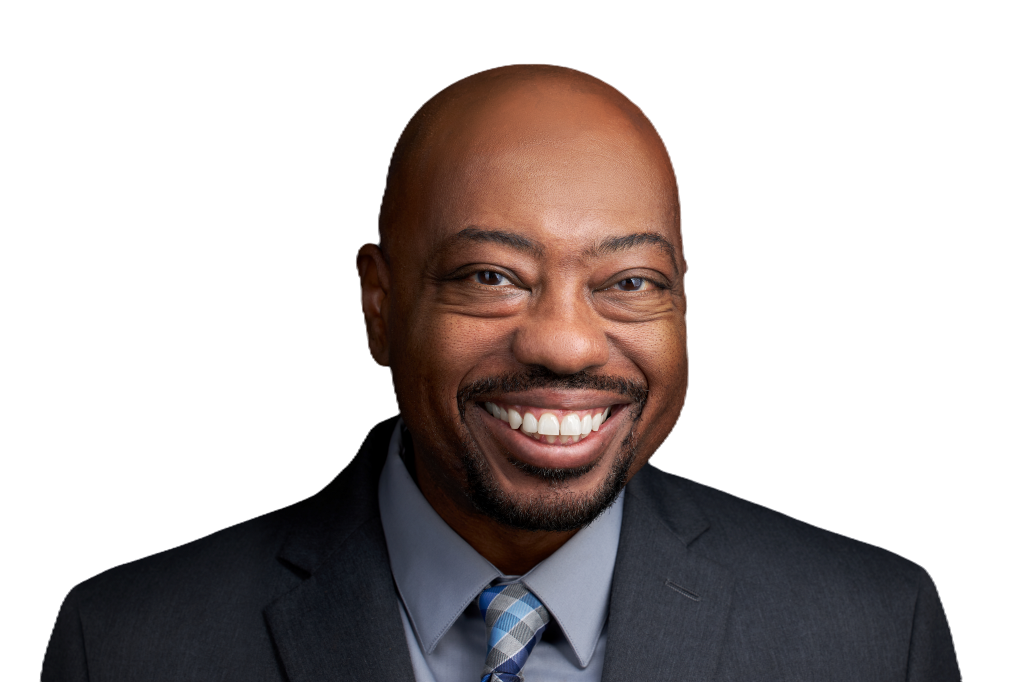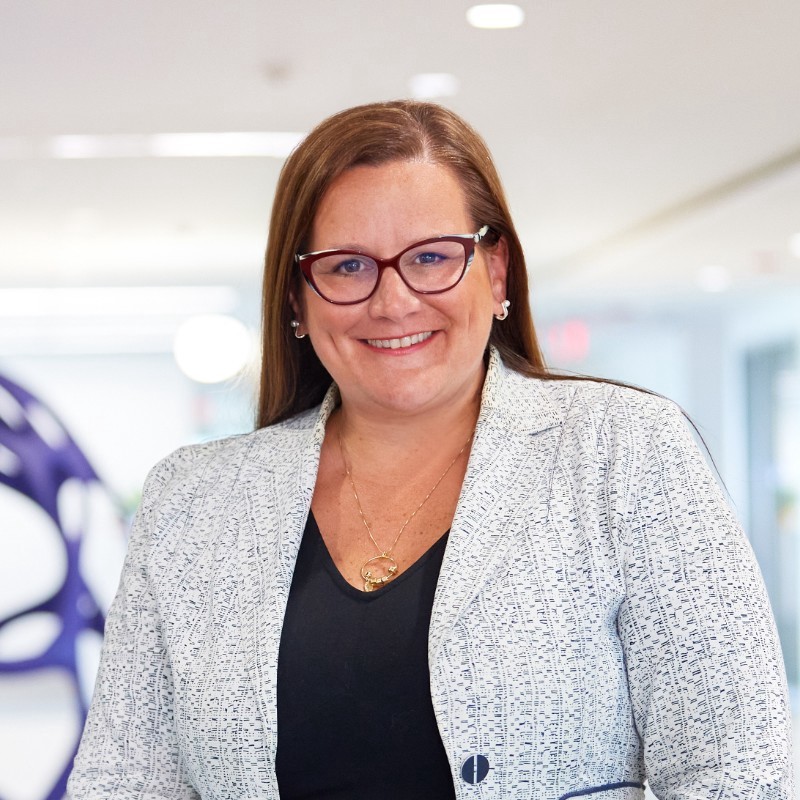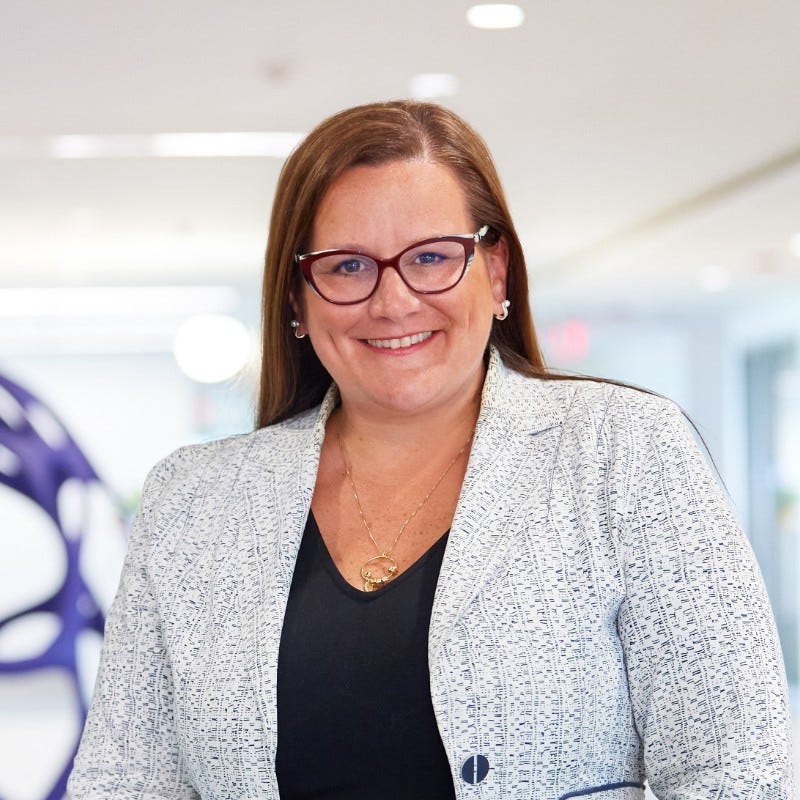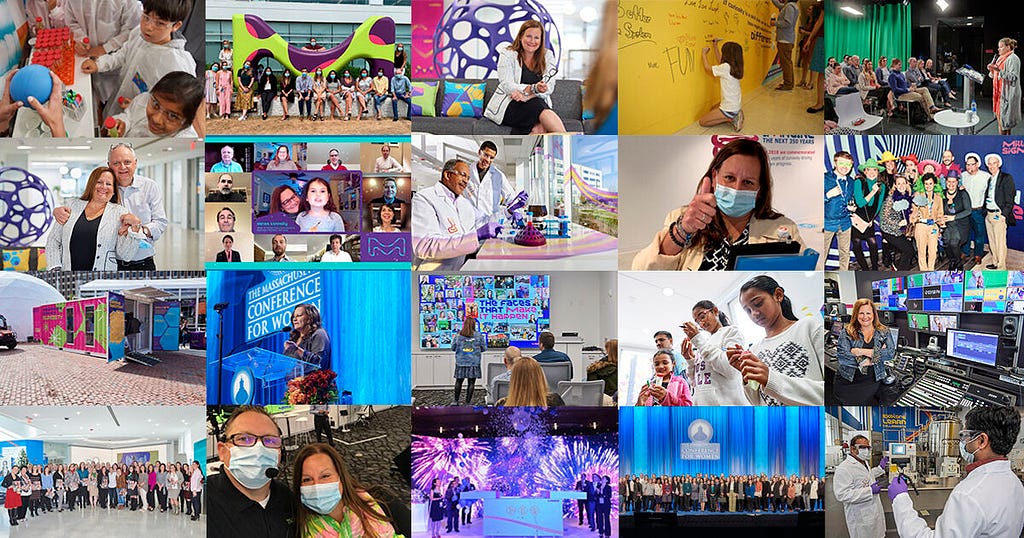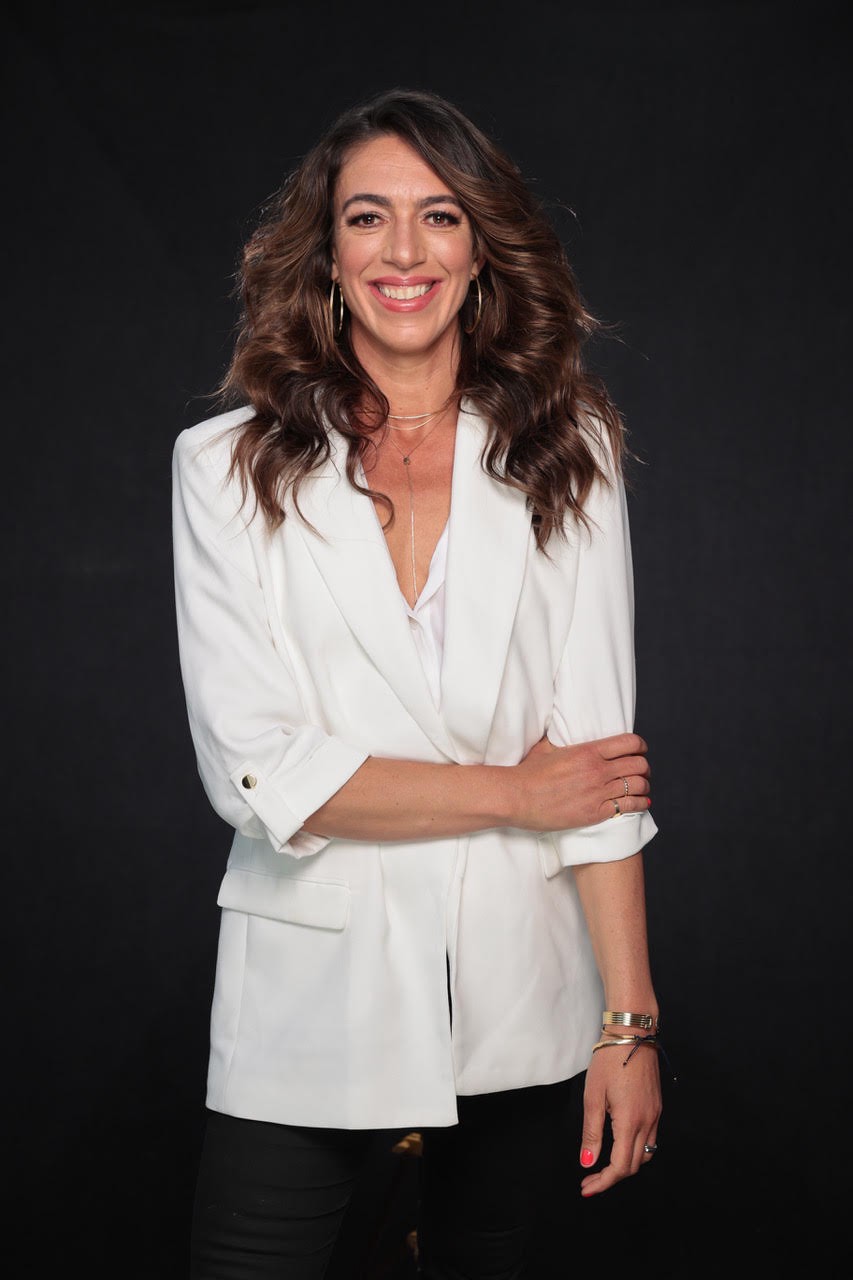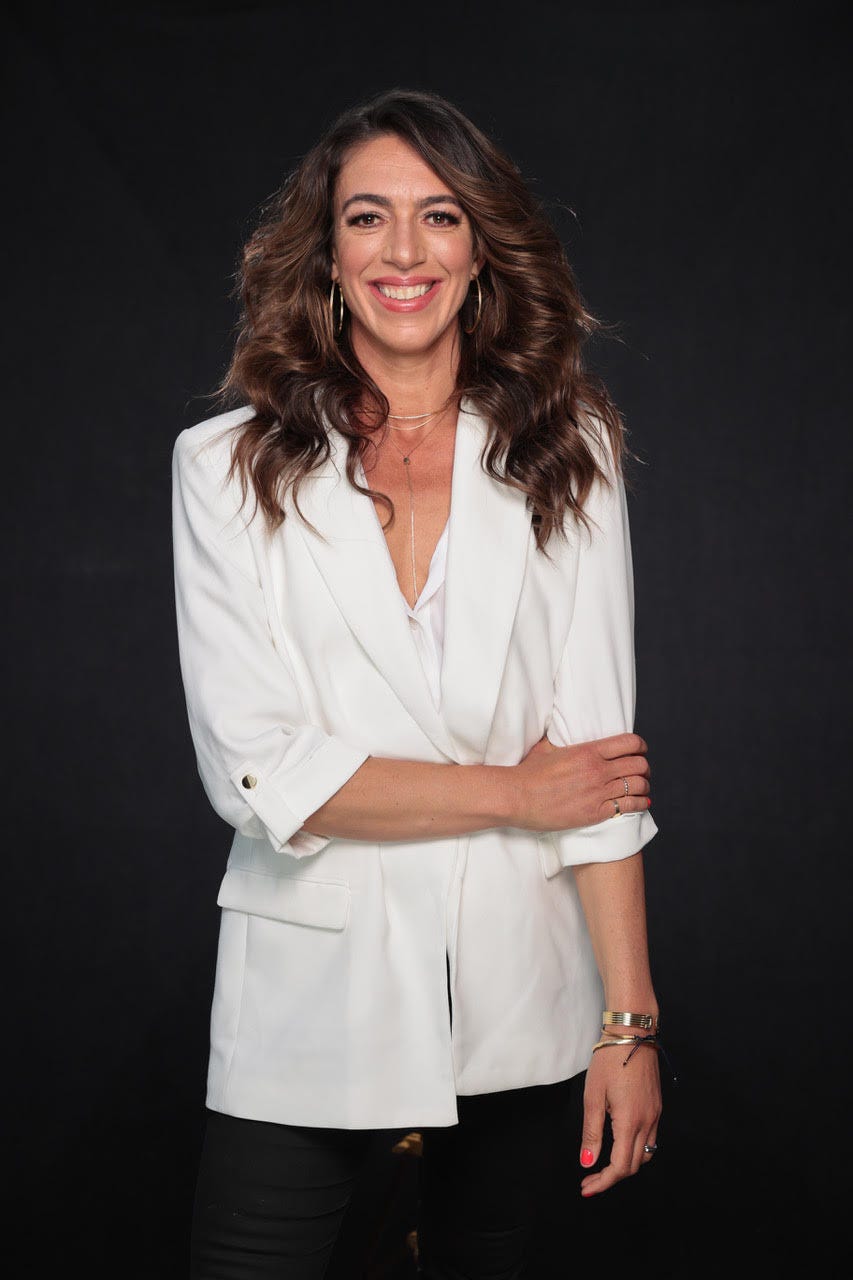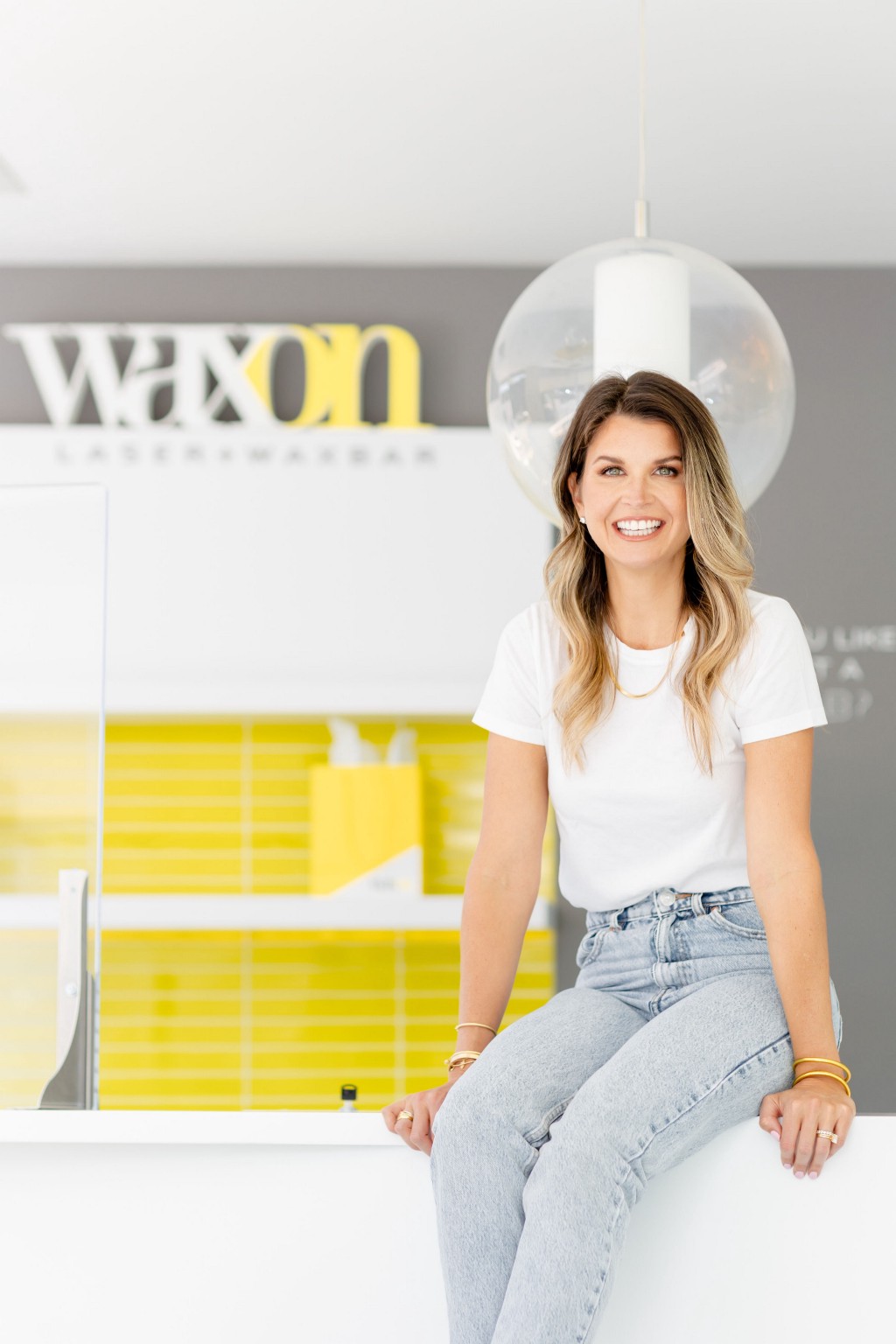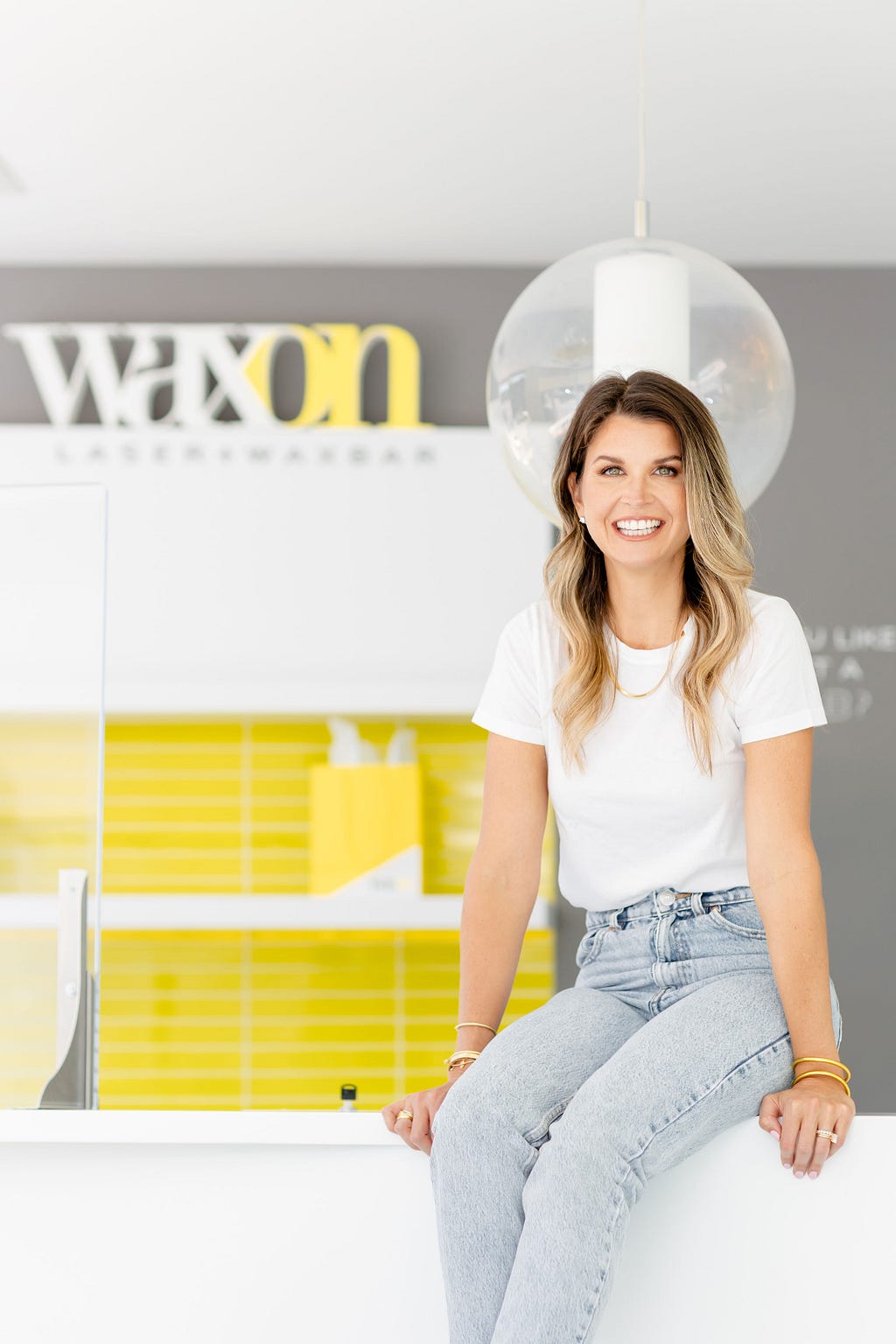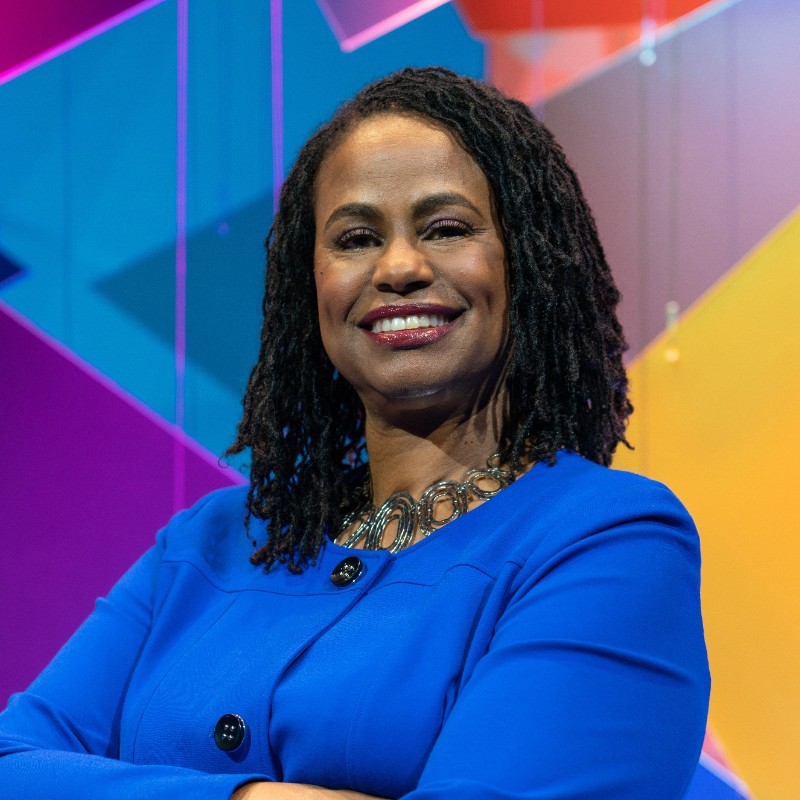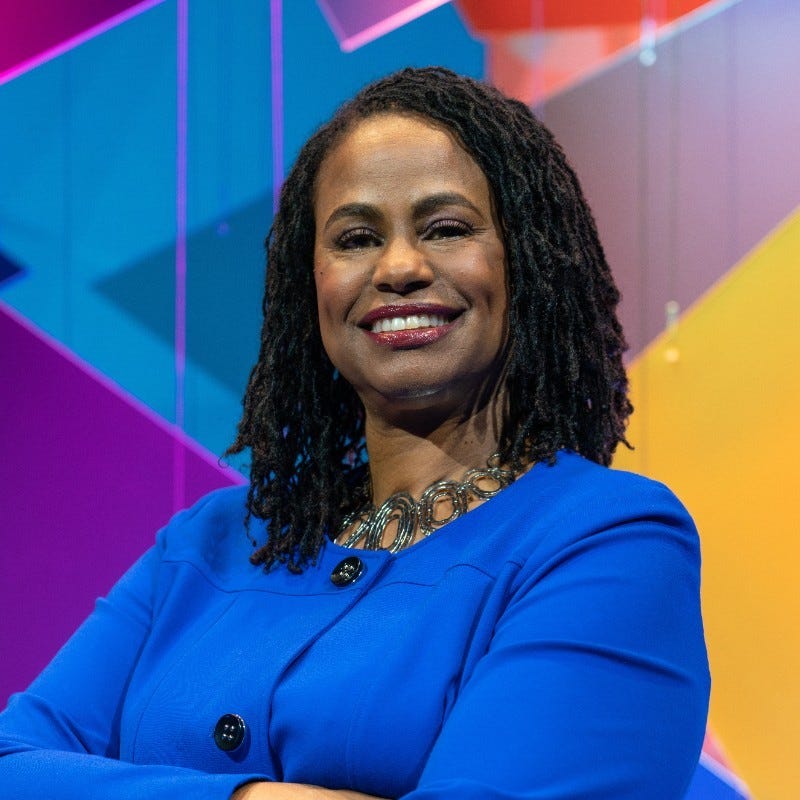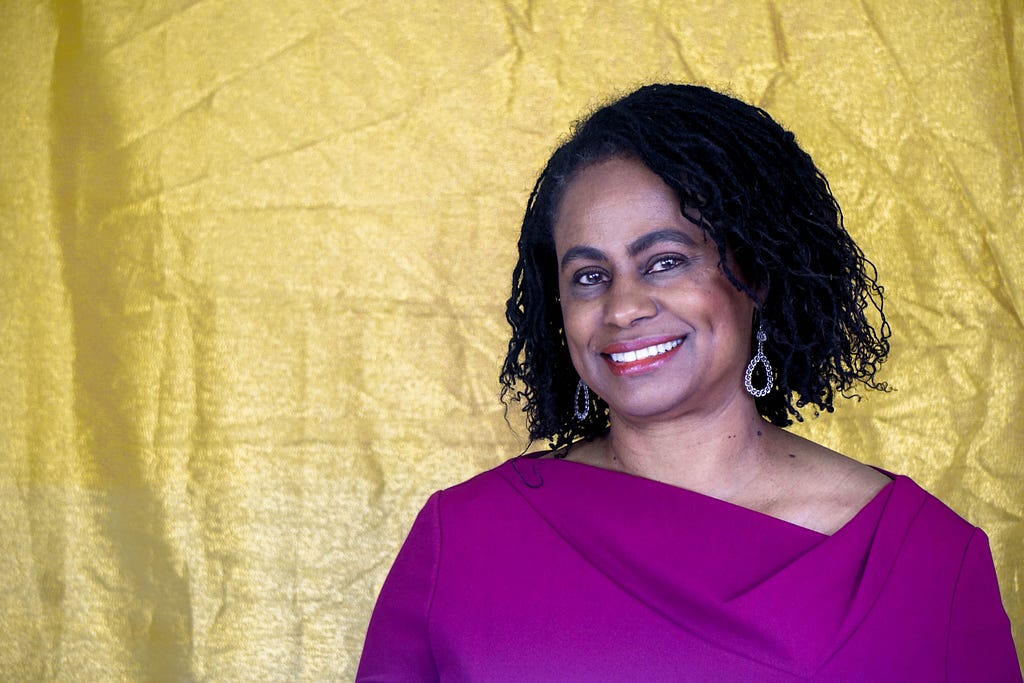An Interview With Candice Georgiadice

Goals: Know what you want get and how your vision can become true. Goals can make your ideas closer to becoming true and every time you achieved them is a victory.
Many in the fashion industry have been making huge pivots in their business models. Many have turned away from the fast fashion trend. Many have been focusing on fashion that also makes a social impact. Many have turned to sustainable and ethical sourcing. Many have turned to hi tech manufacturing. Many have turned to subscription models. What are the other trends that we will see in the fashion industry? What does it take to lead a successful fashion brand today?
In our series called, “5 Things You Need To Lead a Successful Fashion Brand Today” we are talking to successful leaders of fashion brands who can talk about the Future of Fashion and the 5 things it takes to lead a successful fashion brand in our “new normal.”
As a part of this series I had the distinct pleasure of interviewing Aline Celi.
Aline Celi is a Brazilian designer who has conquered the German fashion scene with her personality, minimalist designs and commitment to the environment. With the brand CELI, founded in 2015, Aline has managed to quickly establish herself and her thoughts in the Berlin fashion scene.
Under the brand CELI, she creates carefully handcrafted pieces made in the EU under the strictest ethical and social guidelines. She gives back with the organization “Goal For Life” in Brazil. Here, soccer is used as a community-building team activity to give children and young people from socially disadvantaged backgrounds a stable community, a safe place and opportunities.
Thank you so much for doing this with us! Before we dig in, our readers would like to get to know you a bit more. Can you tell us a bit about your childhood “backstory”?
I grew up in Brazil, in a small state in the northwest. My loving family always supported me in all my wishes, but I had to face the culture that always wants you to be a doctor or a lawyer.
Following my heart and going to study abroad alone at 16 years old really formed the person that I am today.
Can you tell us the story about what led you to this particular career path?
Always seeing the way that the strong women that I grew up around dressed and also being around nature all the time has profoundly molded my way of seeing how fashion should work. My whole life I spent imagining a future where we could dress comfortably without letting go of our femininity and glamour.
Brazil is a country with a lot of colorful clothing, I try to translate this energy into my collections by always inserting some bright color in the day-to-day of my dear clients.
Can you share the most interesting story that happened to you since you began your career?
The most interesting story is the longest one. How me and my best friend Uanderson as two young creatives decided to unite our talents and really face the world with nothing to lose. It still amazes me to this day how we can still keep going strong.
You are a successful business leader. Which three character traits do you think were most instrumental to your success? Can you please share a story or example for each?
All three traits can really be united into one example. Every day I try to be my best self with everyone I know. When leaving to study in another country at such a young age I always kept thinking about what the future was holding for me, but growing and observing that focusing on one day at a time is really what makes me… me! So to answer the three traits I would say: Determination, Selflessness and Kindness.
What do you think makes your company stand out? Can you share a story?
We stand out because of the way we connect with our customer. There are many stories but we can summarize all by the everyday chats with the people that come to our showroom. They almost always come not knowing what sustainable fashion is but they always leave wanting to know more and paying more attention to what they’re investing their money in.
Do you have a favorite “Life Lesson Quote”? Can you share a story of how that was relevant to you in your life?
“Simplicity is the keynote of all true elegance.”
Not only when it comes to my brand this is important but also in my personal life. Coming to Europe at such a young age can really change you. Sometimes when feeling I had to do more to fit in I remembered this quote. Staying simple helped me to stay being myself.
Ok, thank you for that. Let’s now jump to the primary focus of our interview. Do you see any fascinating developments emerging over the next few years in the fashion industry that you are excited about? Can you tell us about that?
The use of animal fur and leather is decreasing in haute couture and I think that’s very exciting.
I see the use of recycled fabrics growing and hope that this way of thinking and producing can be reflected into the mind of the average person, making an impact in our society as a whole in the future.
Can you share how your brand is helping to bring goodness to the world?
Our fair production and recycled materials are helping the world to breathe a little bit better. Those products also hold great quality to them, making the disposal of the pieces much more rare because the customer can wear the pieces for many years without changing the look and feel of the fabric.
Can you share with our readers about the ethical standards you use when you choose where to source materials?
All of our pieces are made with fair production and following strict government guidelines. That means that everything we make is respectful to the environment and also to the people in the factories.
We choose our sources thinking of the best material that reflects what we are as a brand. One of our most sold pieces is made with polyester made with 100% PET bottles. You may think that would be ugly or unflattering but is one of the most soft and beautiful materials.
Fast fashion has an advantage, that it is affordable for most people, but it also has the drawback that it does not last very long and is therefore not very sustainable. What are your thoughts about this? How does your company address this question?
As a brand we see this as something that puts us in a different standard. Other brands can choose to produce in the fast fashion style and sell more clothes by a smaller price but we KNOW our product’s quality is what makes people comeback every time.
Investing in a durable piece can be better for you because you’ll not be needing to buy a new one every year, but consumerism and our materialistic society has formed the idea in our minds that “More is better”, and we need to fight that.
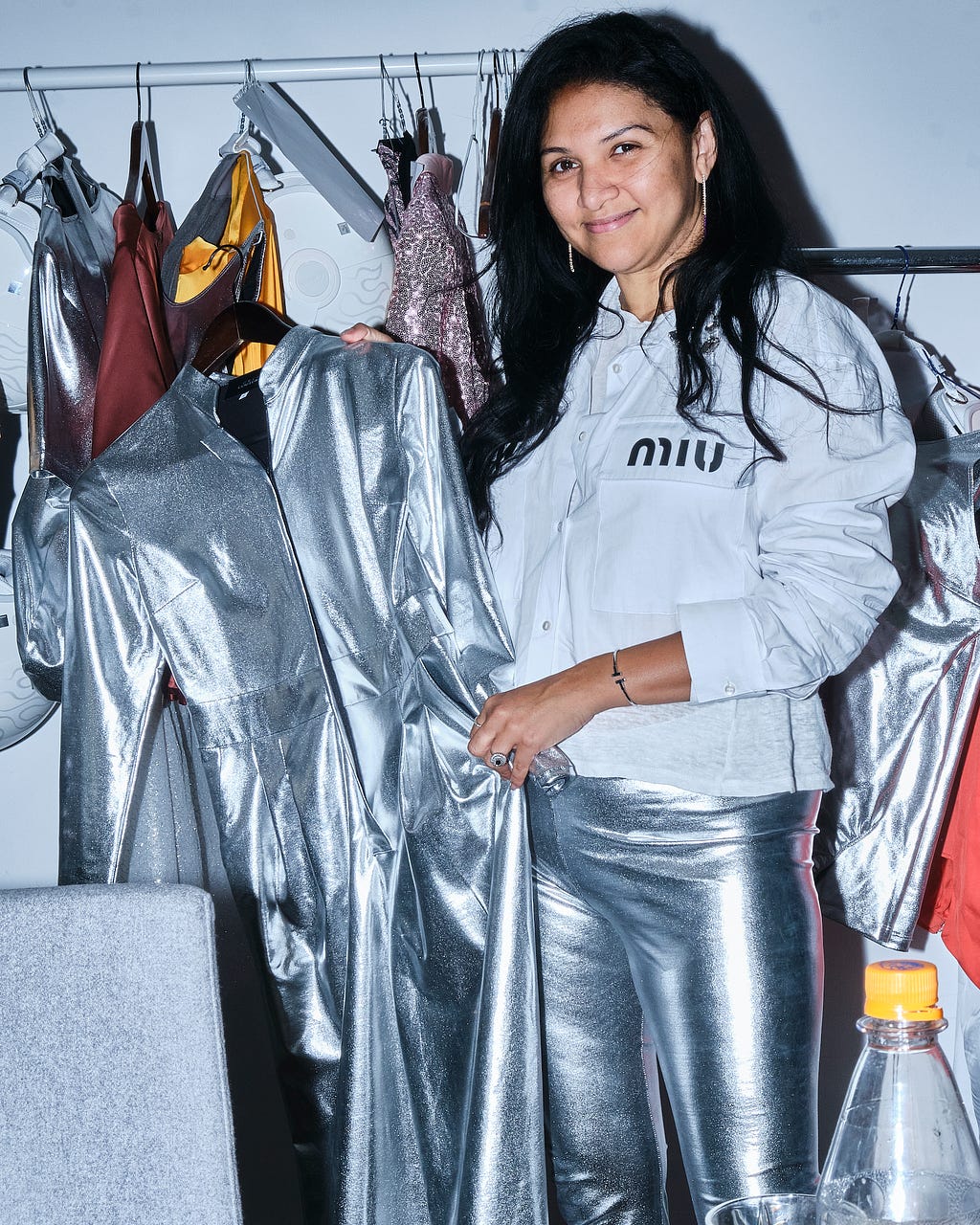
Thank you for all that. Here is the main question of our interview. What are your “5 Things You Need To Lead a Successful Fashion Brand”. Please share a story or example for each.
Determination: Things will not work if you don’t put work into it. I really hustled to be where I am and thinking that building yourself doesn’t take work is a huge lie.
Vision: I saw what I am today before I started working towards it. Write down what you want and take small steps every day until you get there.
Good people around you: When I see myself struggling I know that I have great people with me. Believe me, networking is the best thing to build a caring community for your brand.
Studying: I don’t even mean going to university. Of course that is great, but trying to learn something new about the world or yourself can be inspiration for the future.
Goals: Know what you want get and how your vision can become true. Goals can make your ideas closer to becoming true and every time you achieved them is a victory.
Every industry constantly evolves and seeks improvement. How do you think the fashion industry can improve itself? Can you give an example?
Even in the 21st century the industry still does not understand that all bodies are different. An example is stores that only sell ridiculously small sizes and exclude people with different body types from purchasing their items.
We have to improve the way fashion is produced by stopping to impose a “pattern to follow” in the public. Inclusiveness is the key to the future.
You are a person of great influence. If you could start a movement that would bring the most amount of good to the most amount of people, what would that be? You never know what your idea can trigger. 🙂
I would definitely start a movement to stop the climate crisis in the world. We know that the individual use of natural resources is not what is causing all these problems. Big companies by big corporations have to take responsibility for the damage.
The earth is all we have, we have to care for it with love! My movement would be to make sure all types of production do not harm the environment and, if it does, a compensation has to be made.
How can our readers further follow your work online?
You can follow us on our instagram @celi.fashion where we are posting everything that you need to know about us and all the events we are in! Our website is alineceli.com.
Thank you for these fantastic insights. We greatly appreciate the time you spent on this.
Modern Fashion: Aline Celi On The 5 Things You Need To Lead a Successful Fashion Brand Today was originally published in Authority Magazine on Medium, where people are continuing the conversation by highlighting and responding to this story.



